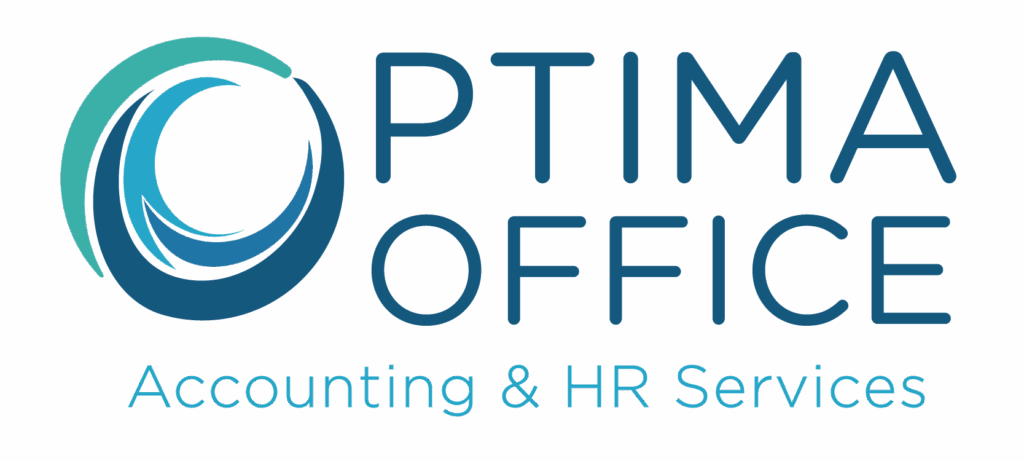How should you terminate someone during the pandemic? What are the key things that HR professionals need to know?
How should an employer terminate an employee during the COVID-19 pandemic?
When terminating an employee for misconduct during the COVID-19 pandemic, employers should not stray from their established progressive disciplinary policy and procedures. If the employee has yet to meet the agreed upon required corrective actions and they are on their “final warning” phase of the progressive disciplinary policy, the employer should be able to pull the trigger and move to terminate. It is extremely important that the employer has documented the progressive discipline and if done well they should be able to terminate without fear of legal recourse.
The only time you would need to hold off on a termination is if the following has occurred:
- The employee requests and meets the eligibility requirement to receive the Emergency Paid Sick Leave or E-FMLA via the Families First Coronavirus Response Act (FFCRA)
- The reason for the discharge is due to the refusal to work due to unsafe work conditions related to COVID-19.
- The reason for the discharge is due to the employee being away to care for a loved one who’s sick with COVID-19.
- The employee has filed or threatened to file a claim against the employer for an OSHA violation, a wage and hour violation, harassment, discrimination, or other employment related claims. This could be viewed as retaliation and wrongful termination.
- The employee is on an approved leave of absence (i.e. FMLA, E-FMLA, Disability, work-related injury, etc.).
How should a business handle a termination when the employee is working remotely during this time?
When the employee is working remotely, planning and coordination are key to a successful termination. I recommend having a termination checklist that outlines who needs to be involved prior, during, and after the discharge has occurred. In addition, a plan should be in place on how to retrieve company-owned property, how the employee’s personal belongings from the individual workspace will be returned, final pay, and shutting down of electronic access to company systems. All the items should be addressed during the discharge meeting.
- Schedule the discharge meeting first thing in the morning on the day of termination. Ensure that the meeting is attended by a witness so that the discharged employee cannot make false claims.
- Have the witness take notes during the discharge meeting.
- Advise the IT department to shut off system access at a set time (preferably while the meeting is taking place).
- Courier or overnight all required exit paperwork and release forms to arrive the day of discharge.
- If you are in a state like California, make sure that you are following the state’s last day regulations for final payments and the employee receives their final pay on their last day by scheduling the termination meeting in the morning and scheduling the delivery of their final check in the afternoon.
Final Tips:
- If you are requiring an employee to sign a severance agreement with a release, the employee must receive something in addition to what they would normally be entitled to.
- If an employee is over the age of 40, the severance agreement must meet the requirements set by the Older Workers Benefit Protection Act and Age Discrimination in Employment Act.
- Ensure the employee understands that the decision to terminate the employee is final.
Jean Tesone, Sr. Human Resources Manager, Optima Office
If you need HR assistance during this time, or any time, please contact Optima Office to speak with an HR specialist today. 858-283-1234
DISCLAIMER – Due to the daily changing environment and guidelines being provided by the government, this information could be outdated. Please contact our office for the latest updates and guidelines. Optima Office is not responsible for any actions taken due to the information provided. The information provided here is for instructional purposes and does not represent legal advice being given by Optima Office.




